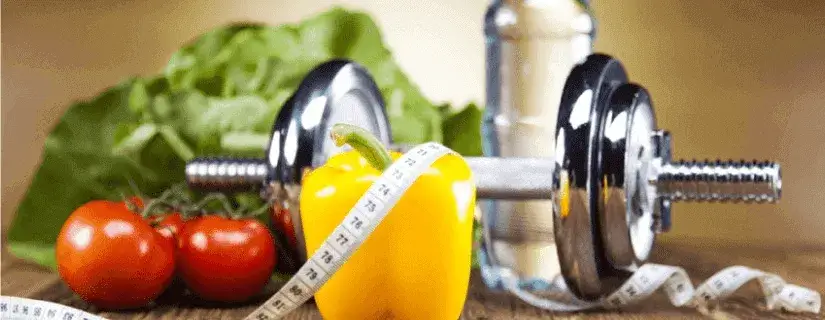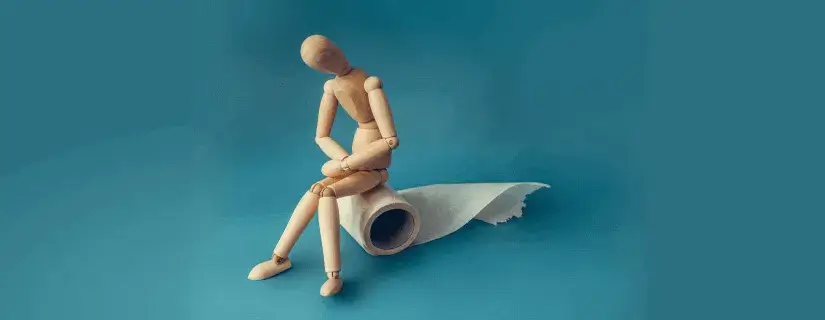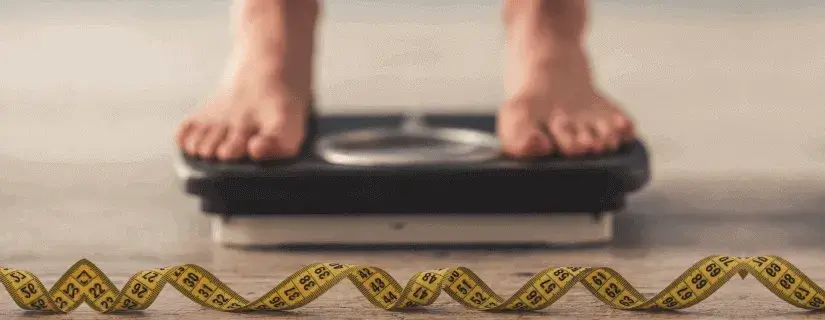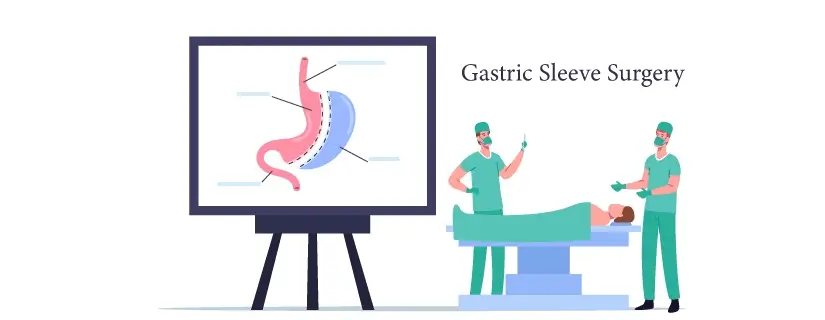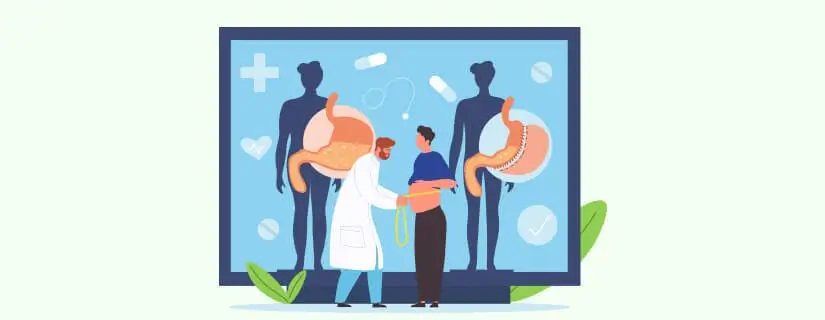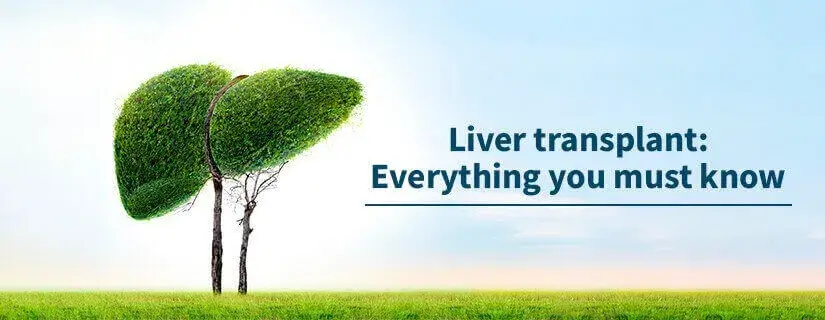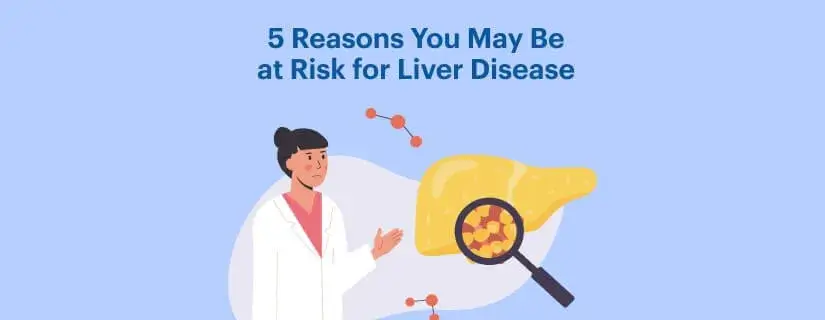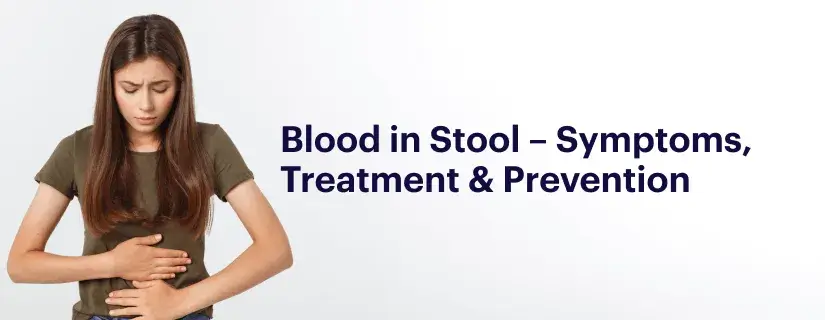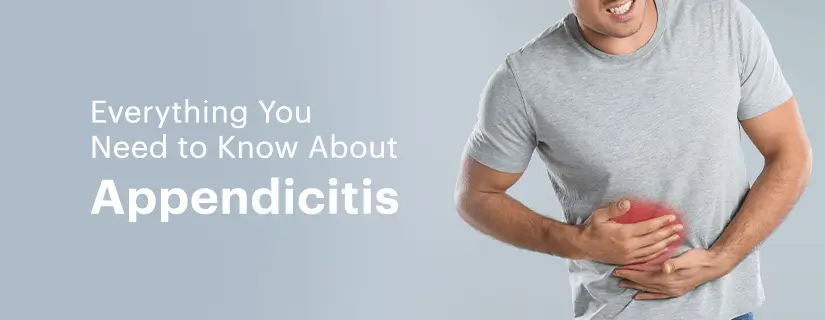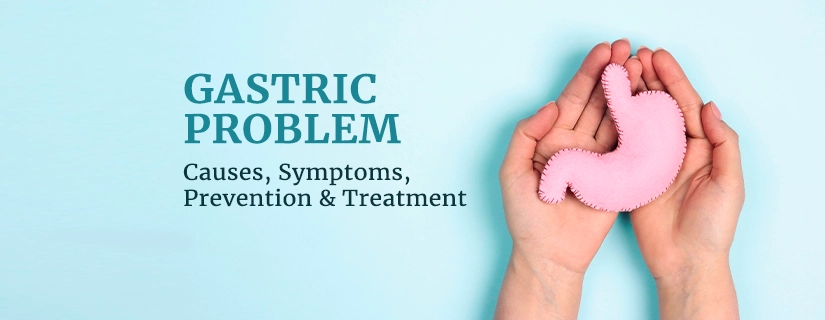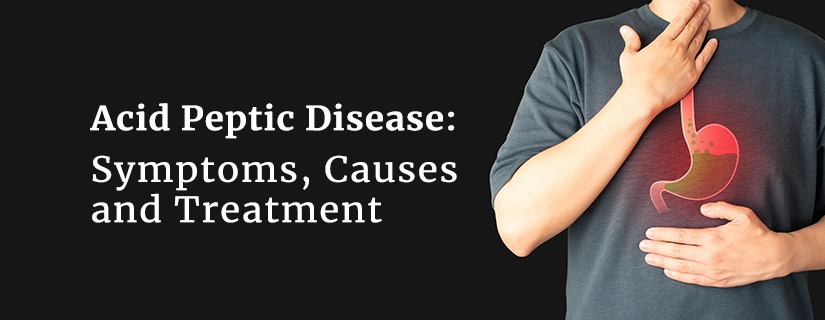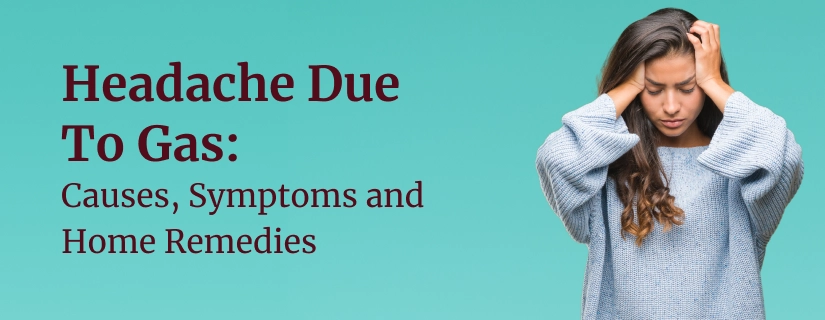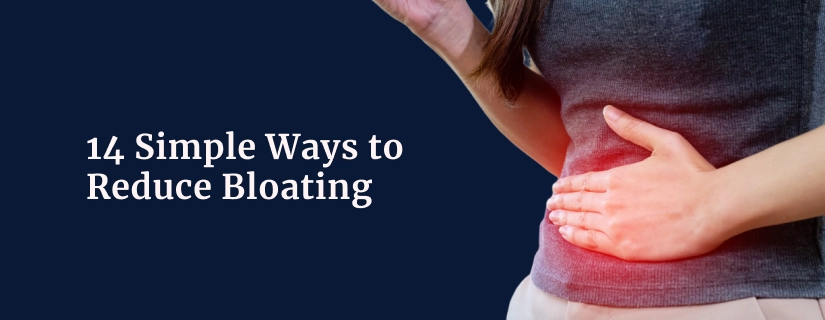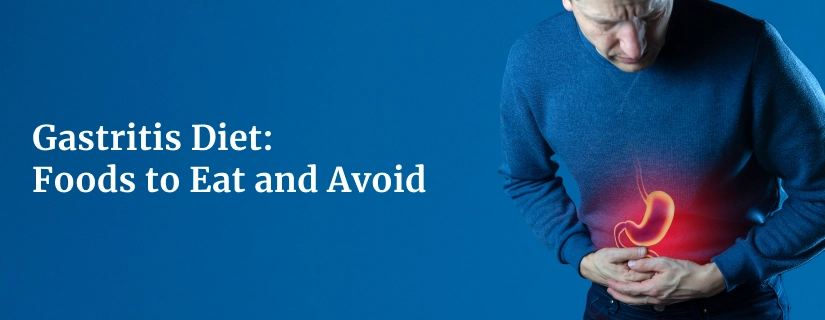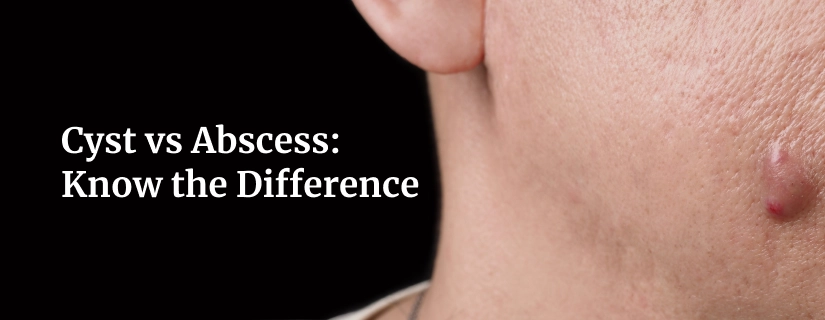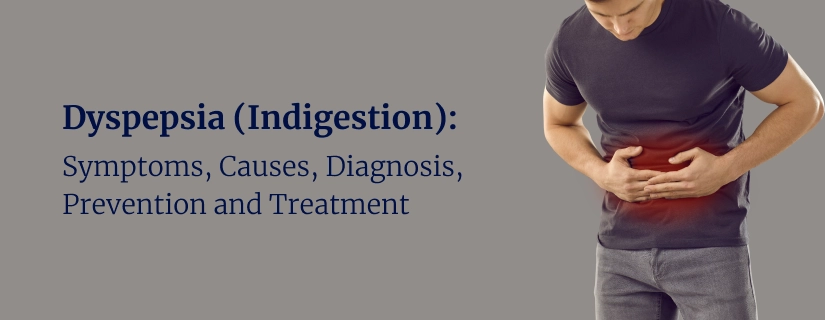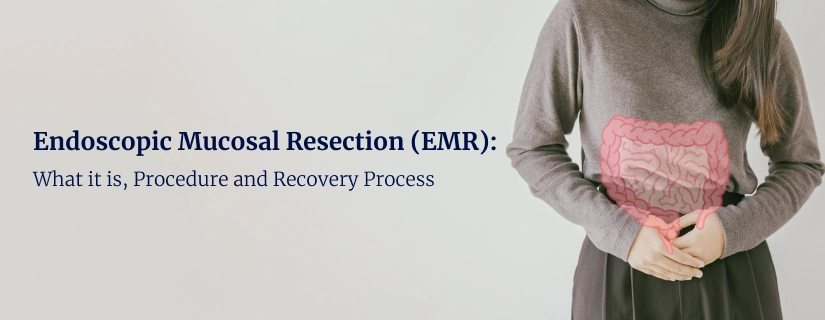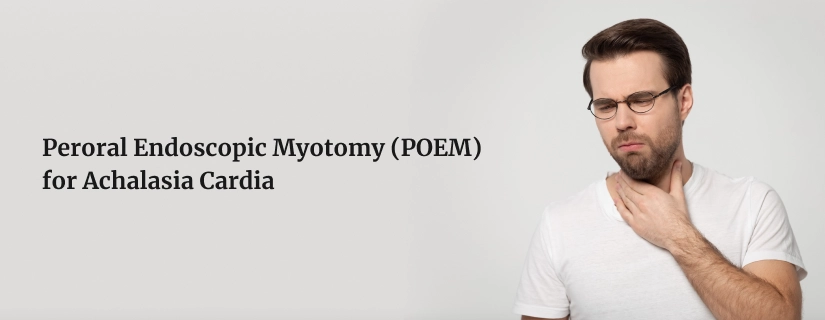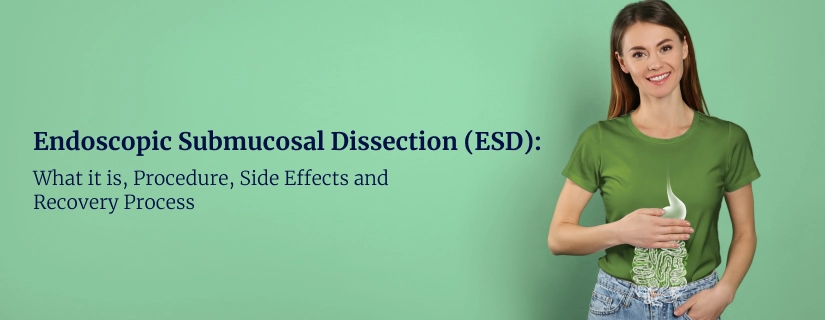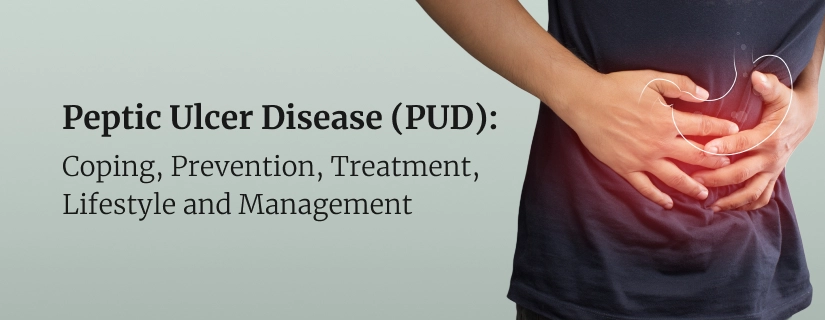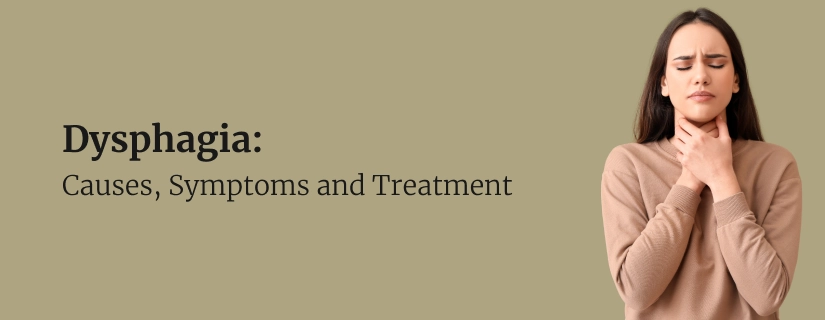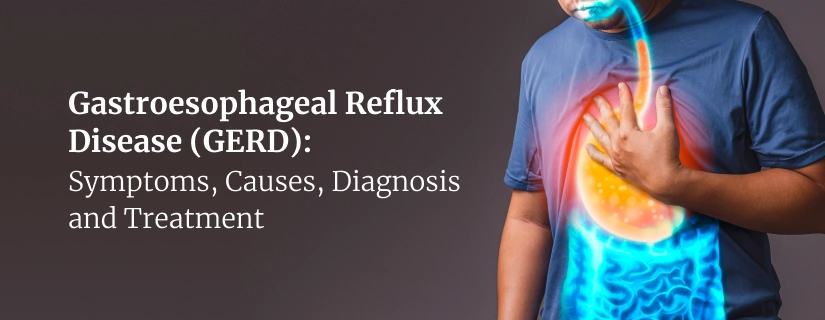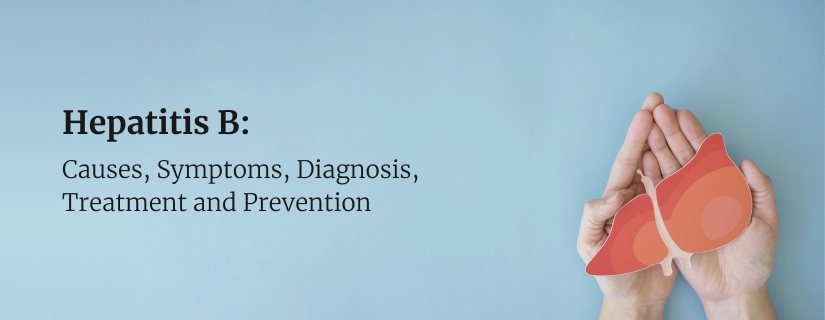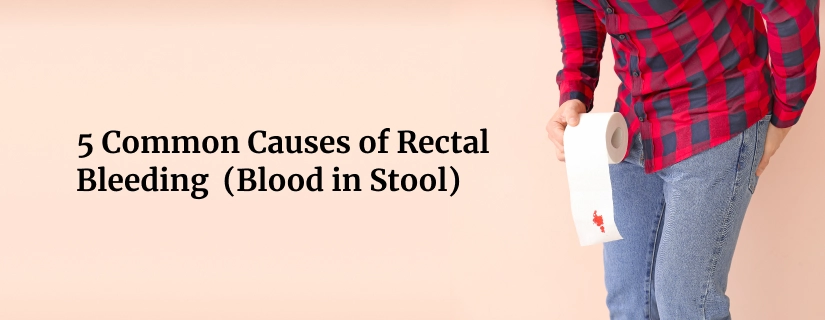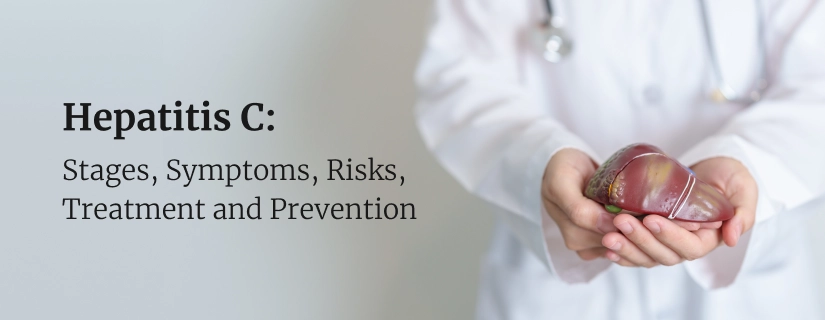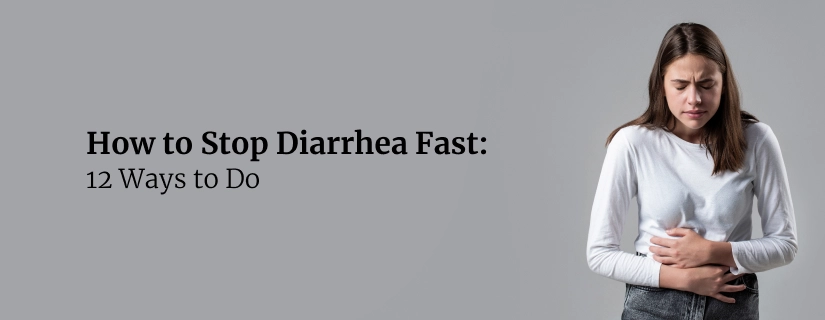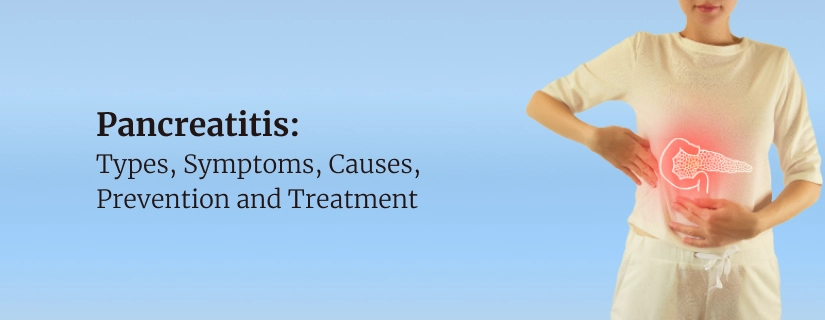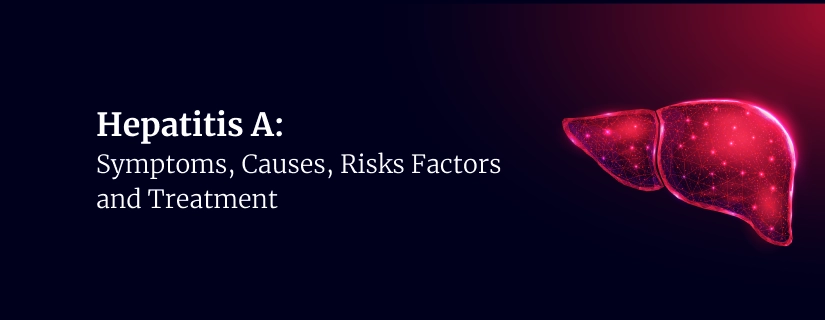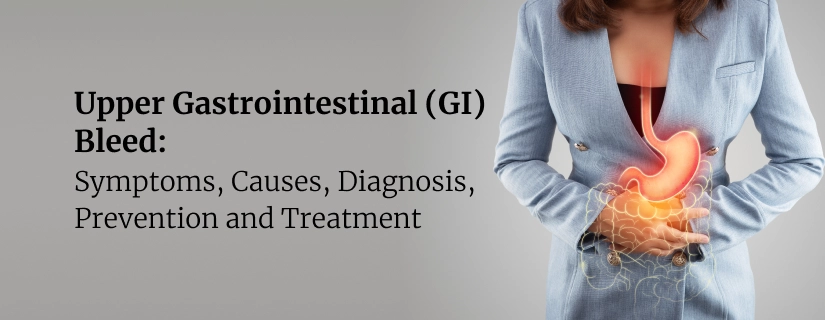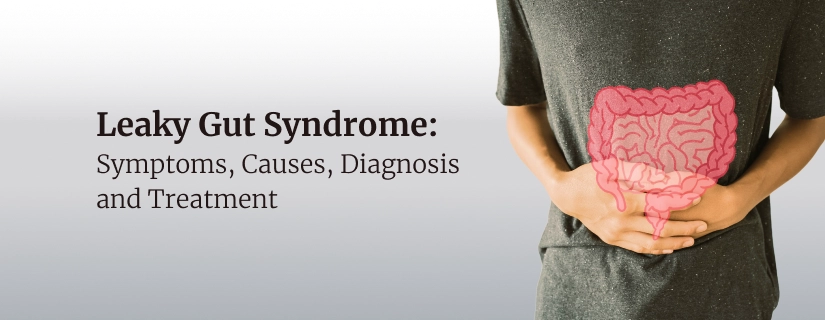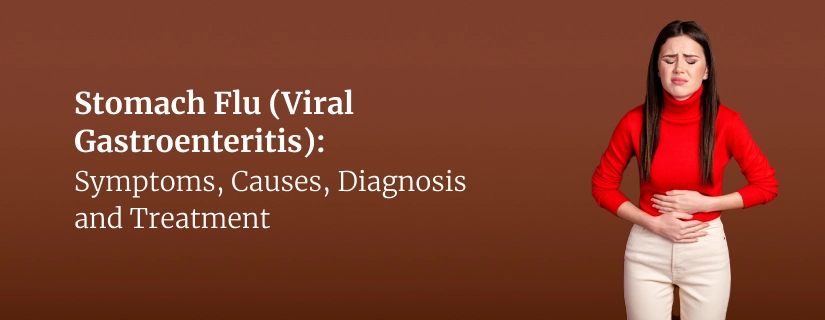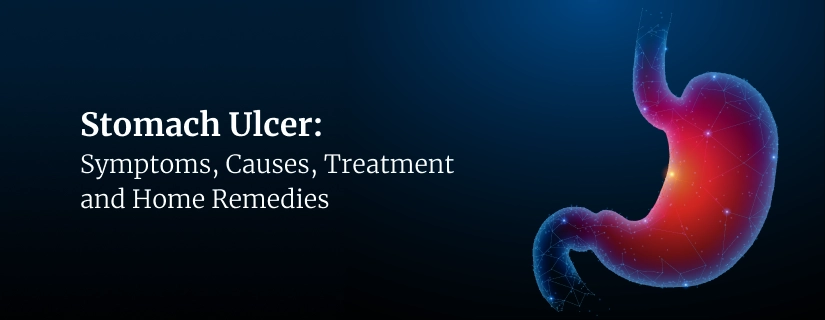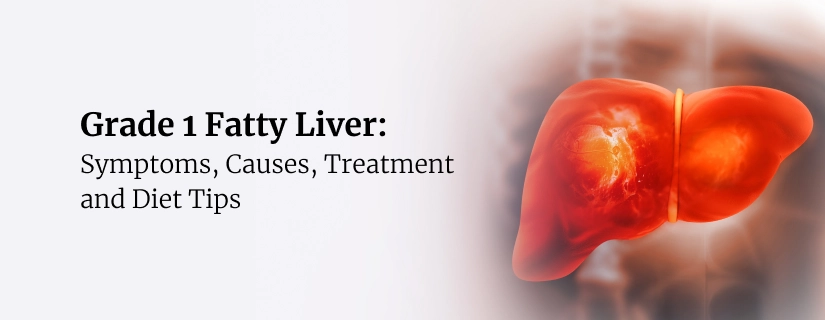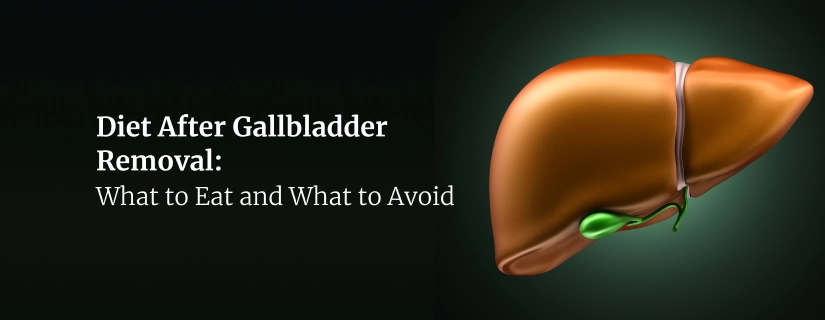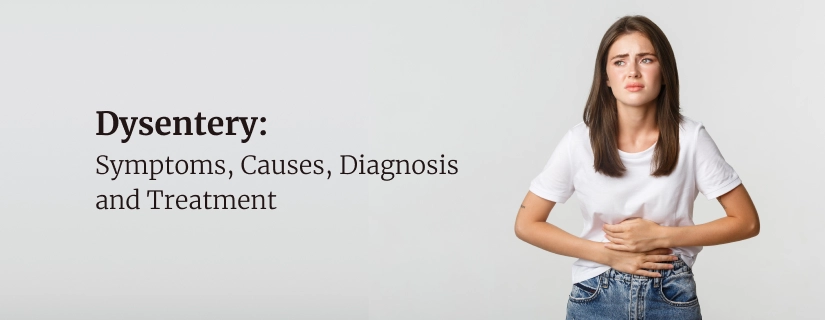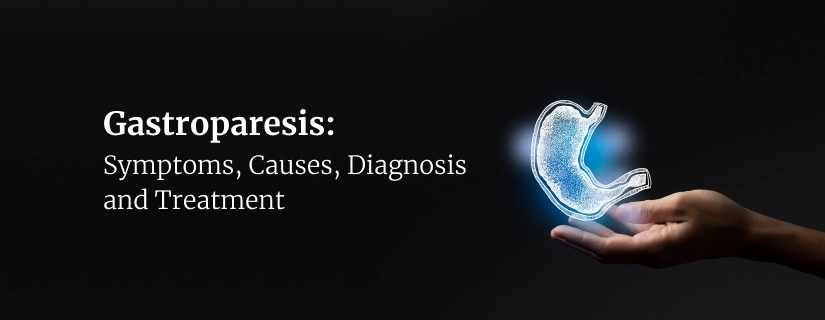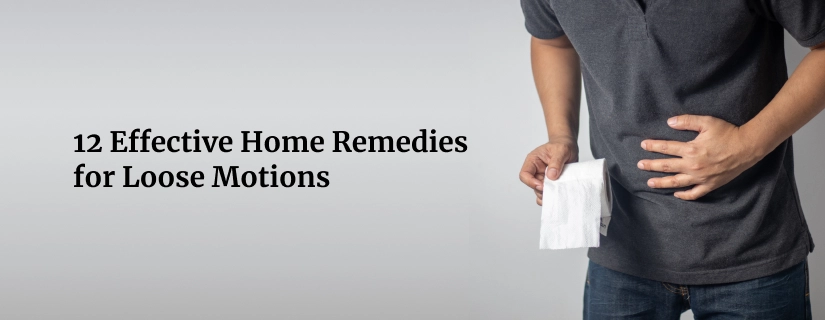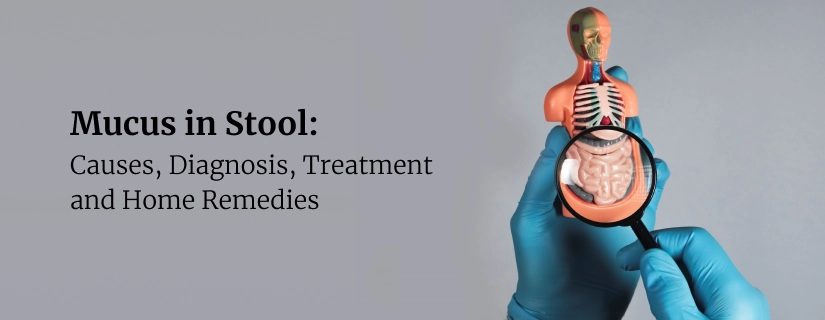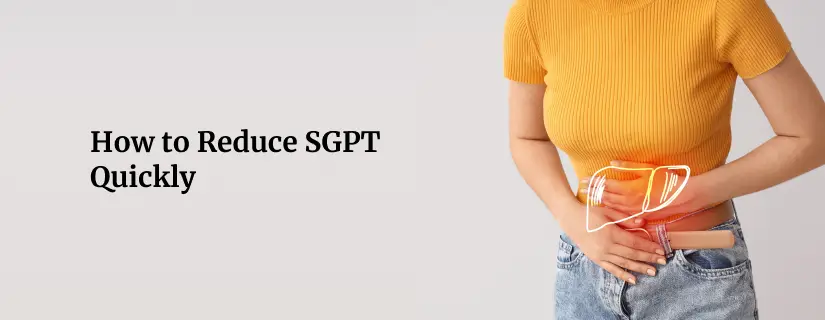-
Doctors
-
Specialities & Treatments
Centre of Excellence
Specialties
Treatments and Procedures
Hospitals & Directions HyderabadCARE Hospitals, Banjara Hills CARE Outpatient Centre, Banjara Hills CARE Hospitals, HITEC City CARE Hospitals, Nampally Gurunanak CARE Hospitals, Musheerabad CARE Hospitals Outpatient Centre, HITEC City CARE Hospitals, Malakpet
HyderabadCARE Hospitals, Banjara Hills CARE Outpatient Centre, Banjara Hills CARE Hospitals, HITEC City CARE Hospitals, Nampally Gurunanak CARE Hospitals, Musheerabad CARE Hospitals Outpatient Centre, HITEC City CARE Hospitals, Malakpet Raipur
Raipur
 Bhubaneswar
Bhubaneswar Visakhapatnam
Visakhapatnam
 Nagpur
Nagpur
 Indore
Indore
 Chh. Sambhajinagar
Chh. SambhajinagarClinics & Medical Centers
Book an AppointmentContact Us
Online Lab Reports
Book an Appointment
Consult Super-Specialist Doctors at CARE Hospitals
How to Get Rid of Gallbladder Stones Without Surgery?
Updated on 16 November 2023
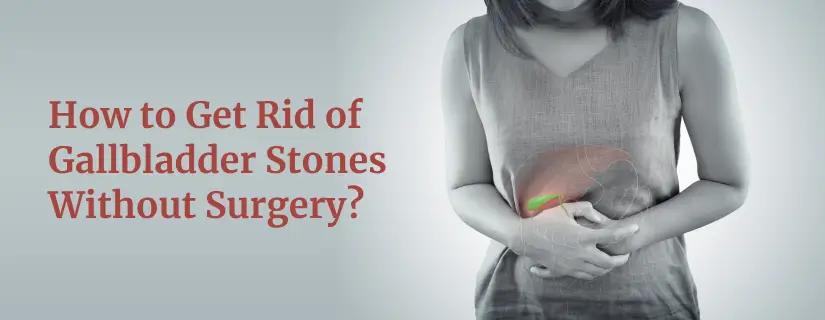
Gallstones, those small, pebble-like deposits that form in the gallbladder, can bring about a world of discomfort and pain. The traditional approach to gallstone management often involves surgery, specifically gallbladder removal. However, surgical interventions aren't the only option, and in this article, we will explore how to remove gallbladder stones without operation. We'll delve into various non-surgical treatments, preventive measures, and discuss the consequences of not addressing gallstones. If you've ever wondered if there's a way to manage gallstones without going under the knife, read on to discover the alternatives.
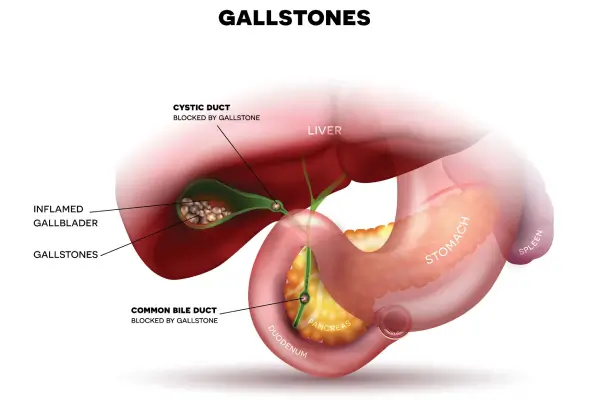
How to treat Gallstones without Surgery?
When it comes to managing gallstones without surgery, several approaches are available. It's important to note that these methods may not work for everyone, and their success depends on the size and composition of the gallstones, as well as the severity of symptoms. Here are some non-surgical ways to deal with gallstones:
- Watchful Waiting: In some cases, gallstones may not cause any symptoms or complications. In such situations, doctors may recommend a watchful waiting approach, where they monitor the condition and intervene only if symptoms or complications arise.
- Medications: Certain medications can be used to dissolve cholesterol gallstones, the most common type. These medications are more likely to be effective if the stones are small and made primarily of cholesterol.
- Oral Dissolution Therapy: This non-invasive therapy involves taking medications by mouth to gradually dissolve the gallstones. It's a long-term process that may take up to two years and is most effective for small cholesterol stones.
- Shock Wave Lithotripsy: This non-surgical procedure uses high-energy sound waves to break gallstones into smaller fragments, making it easier for the body to eliminate them.
- Contact Dissolution: A more direct approach, contact dissolution, involves the injection of a medication directly into the gallbladder to dissolve the stones.
- Dietary Changes: A diet low in fat and cholesterol, along with a focus on whole grains, fruits, and vegetables, may help prevent gallstones from getting larger.
- Extracorporeal Shock Wave Lithotripsy (ESWL): This non-invasive procedure uses shock waves to break down gallstones. It's typically reserved for individuals with smaller stones and is not suitable for everyone.
- Dissolution with Endoscopic Retrograde Cholangiopancreatography (ERCP): In this procedure, a small, flexible tube is inserted through the mouth, down the throat, and into the bile duct. A solvent is then injected into the gallbladder to dissolve the stones. It is usually reserved for those who cannot undergo surgery.
Causes of Gallstones
Gallstones, which are solid particles that form in the gallbladder, can arise due to various reasons. These reasons can generally be divided into lifestyle factors, genetic predisposition, and certain medical conditions. Here are some of the causes of gallstones:
- Too Much Cholesterol
- When the liver makes more cholesterol than bile, it can dissolve and form solid stones.
- Too Much Bilirubin
- Bilirubin is a substance made when red blood cells break down. Too much bilirubin can cause stones, often seen in liver disease or blood disorders.
- Gallbladder Problems
- If the gallbladder doesn’t empty properly or often enough, bile can become too thick and form stones.
- Diet and Weight
- Eating a lot of fatty, cholesterol-rich foods and being overweight can lead to gallstones.
- Losing weight too quickly can also cause stones.
- Genetics and Family History
- If your family members have had gallstones, you might be more likely to get them too.
Tips for Preventing Gallstones
Preventing gallstones involves making lifestyle and dietary changes. Here are some tips to help reduce the risk of developing gallstones:
- Maintain a Healthy Diet
- Eat a Balanced Diet: Incorporate plenty of fruits, vegetables, whole grains, and lean proteins.
- Reduce Saturated Fat: Avoid high-fat foods such as fried items and fatty cuts of meat.
- Increase Fiber Intake: Foods high in fiber, such as fruits, vegetables, and whole grains, help digestion and reduce the risk of gallstones.
- Maintain a Healthy Weight
- Avoid Rapid Weight Loss: Losing weight too quickly can increase the risk of gallstones. Aim for gradual weight loss of 1-2 pounds per week.
- Stay Active: Regular physical activity can help maintain a healthy weight and reduce the risk of gallstones.
- Regular Physical Activity
- Exercise Regularly: Engage in moderate-intensity exercise for at least 150 minutes a week or 30 minutes a day, such as brisk walking, cycling, or swimming.
- Manage Medical Conditions
- Control Diabetes: Proper management of diabetes can reduce the risk of gallstones.
- Monitor Cholesterol Levels: Keep cholesterol levels in check through diet, exercise, and, if necessary, medication.
- Healthy Eating Habits
- Eat Regular Meals: Skipping meals or fasting for extended periods can increase the risk of gallstones. Try to eat regular, balanced meals.
- Stay Hydrated: Drink plenty of water throughout the day to keep bile fluid and prevent stone formation.
Natural Gallstone Management
In addition to medical treatments, natural approaches can be considered for managing gallstones and alleviating symptoms. Here are some options:
Dietary Adjustments: A diet low in saturated fats, cholesterol, and refined sugars, and rich in fibre, can help prevent and alleviate gallstones.
- Lemon Juice: Drinking warm water with lemon juice in the morning may deter gallstone formation.
- Apple Cider Vinegar: Some use diluted apple cider vinegar to dissolve gallstones.
- Peppermint Tea: It relaxes digestive tract muscles, aiding gallstone passage and relieving indigestion.
- Turmeric: Curcumin in turmeric offers anti-inflammatory and antioxidant benefits.
- Dandelion: Considered for improving bile flow, it is available as tea or supplements.
- Castor Oil Pack: Applied to the abdomen, it may reduce gallstone-related pain.
Note- While natural remedies can be explored, their effectiveness varies, and they may not provide immediate or complete relief. Consult a healthcare provider to ensure they are safe for your specific condition and discuss the options for how to cure gallbladder stones without surgery.
What happens if Gallbladder Stones are not removed
Ignoring gallstones and not seeking treatment can lead to various complications and health risks. Here are some potential repercussions of not receiving treatment for gallstones:
- Gallbladder Inflammation: Gallstones can cause inflammation of the gallbladder, a condition known as cholecystitis. This can lead to severe abdominal pain, fever, and even infection.
- Blocked Bile Duct: Gallstones may move from the gallbladder into the common bile duct, blocking the flow of bile. This can result in jaundice, a yellowing of the skin and eyes, and can be a medical emergency.
- Pancreatitis: In some cases, gallstones can trigger inflammation of the pancreas, a condition called pancreatitis. It's a painful and potentially life-threatening condition.
- Cholangitis: This is an infection of the bile ducts caused by the presence of gallstones. It can result in fever, abdominal pain, and jaundice.
- Gallbladder Cancer: Although rare, untreated gallstones can increase the risk of developing gallbladder cancer over time.
- Recurrent Symptoms: Gallstone-related symptoms, such as pain and indigestion, are likely to persist or worsen if the gallstones are not addressed.
When Should I Visit a Gastroenterologist?
Knowing when to seek medical advice is crucial when dealing with gallstones. Here are some situations where you should consider visiting a gastroenterologist or healthcare professional:
- Persistent Symptoms: If you experience recurring or severe symptoms like abdominal pain, nausea, and vomiting, it's essential to consult a healthcare provider.
- Complications: If you suspect complications related to gallstones, such as inflammation, infection, or jaundice, seek immediate medical attention.
- Regular Monitoring: If you have been diagnosed with gallstones, your doctor may recommend regular monitoring to ensure that the stones are not causing any issues.
- Concerns about Treatment: If you're hesitant about surgery or have concerns about your treatment options, consult a gastroenterologist to discuss potential non-surgical approaches on how to get rid of gallbladder stones without surgery
Tips for Preventing Gallstones
Preventing gallstones involves adopting healthy lifestyle habits that support gallbladder health and reduce the risk of gallstone formation. Here are some tips:
- Maintain a Healthy Weight: Being overweight or obese increases the risk of gallstones. Aim for gradual weight loss through a balanced diet and regular exercise.
- Eat a Balanced Diet: Focus on a diet rich in fruits, vegetables, whole grains, and lean proteins. Limit saturated fats, trans fats, refined sugars, and processed foods, as these can contribute to gallstone formation.
- Stay Hydrated: Drinking an adequate amount of water daily (about 8 cups or 2 liters) helps maintain gallbladder health and supports digestion.
- Include Fiber: Fiber-rich foods like fruits, vegetables, and whole grains help regulate digestion and may reduce the risk of gallstones.
- Be Active: Regular physical activity can help maintain a healthy weight and reduce the risk of gallstones. Aim for at least 30 minutes of moderate-intensity exercise most days of the week.
Conclusion
Gallstones can be a source of considerable discomfort and potential health risks. However, surgery is not the only solution. Non-surgical methods, including medications, dietary changes, and non-invasive procedures, can be effective in managing gallstones, especially if they are detected early. It's essential to consult with a healthcare professional to determine the most appropriate treatment plan for your specific condition. Ignoring gallstones can lead to severe complications, making timely intervention all the more critical. Always prioritize your health and well-being, and don't hesitate to seek medical advice when needed.
FAQs
1) What dissolves gallstones?
Gallstones can sometimes be dissolved with medications such as ursodeoxycholic acid and chenodeoxycholic acid. These bile acids can take up to two years to dissolve smaller gallstones, but gallstones may re-form once the medication is stopped.
2) What food is bad for gallstones?
Foods high in fat and cholesterol, such as fried foods, fatty meats, and full-fat dairy products, can increase the risk of gallstones. It's best to avoid or limit these foods.
3) Can gallstones be removed without surgery?
Yes, smaller gallstones can sometimes be treated with medications. However, surgery, specifically cholecystectomy (removal of the gallbladder), is often recommended as a more permanent solution.
4) How are gallstones formed?
Gallstones form when there is an imbalance in the substances that make up bile. This can occur if there is too much cholesterol or bilirubin in the bile, or if the gallbladder doesn't empty properly.
5) Do gallstones cause gas?
Yes, gallstones can cause digestive symptoms, including bloating and gas, particularly after eating fatty foods.
6) Are gallstones hereditary?
Gallstones can have a hereditary component. If you have a family history of gallstones, you may be at higher risk of developing them yourself.
7) Can gallstones cause cancer?
While gallstones themselves do not cause cancer, chronic gallstone disease can lead to inflammation and other conditions that might increase the risk of gallbladder cancer. However, this is relatively rare.
8) Are gallstones and kidney stones the same?
No, gallstones and kidney stones are not the same. Gallstones form in the gallbladder from bile substances, while kidney stones form in the kidneys from minerals and salts.
9) What are the first signs of having gallstones?
Early signs of gallstones can include pain in the upper right abdomen, nausea, vomiting, and digestive issues such as bloating and gas, especially after eating fatty foods.
10) What food is bad for gallstones?
Foods high in fat and cholesterol, such as fried foods, fatty meats, and full-fat dairy products, should be avoided or limited to reduce the risk of gallstones.
11) How can I check my gallstones at home?
It is not possible to definitively check for gallstones at home. If you suspect you have gallstones due to symptoms like abdominal pain, nausea, or digestive issues, you should see a doctor. They can diagnose gallstones with imaging tests such as an ultrasound

ENQUIRY FORM
SELECT CATEGORIES
-
Neurosciences (16)
-
Neurology (37)
-
Neurosurgery (14)
-
Orthopaedics (48)
-
Oncology (33)
-
Obstetrics and gynecology (52)
-
Pulmonology (23)
-
Urology (20)
-
Nephrology (13)
-
Psychiatry (7)
-
Dietetics and Nutrition (111)
-
General Medicine (63)
-
Cardiac Sciences (32)
-
Vascular & Endovascular Surgery and Interventional Radiology (15)
-
Gastroenterology (46)
-
Endocrinology (23)
-
Plastic Surgery (10)
-
Critical Care Medicine (5)
-
COVID-19 (16)
-
Dermatology (16)
-
Emergency Care (1)
-
Ophthalmology (4)
-
Pediatrics (14)
-
Laparoscopic and Bariatric Surgery (8)
-
ENT (15)
-
Kidney Transplant (1)
-
Liver Transplantation and Hepatobiliary Surgery (5)
-
General Surgery (3)
-
Internal Medicine (5)
-
Medicine Information
Difference Between Piles, Fissures, and Fistula
Chest Pain Due To Gas: Symptoms, Causes, Diagnosis, and Treatment
YOU MAY ALSO LIKE
RECENT BLOGS
-

Preterm Birth (Premature Birth): Symptoms, Causes, Treatment and Prevention
13 May 2025
Read More
-

Rotablation Angioplasty: Benefits, Treatments, And Recovery Time
9 May 2025
Read More
-

What Is The Difference Between IUI and IVF?
9 May 2025
Read More
-

Venous Malformations: Causes, Symptoms, and Treatment
30 April 2025
Read More
-

Varicose Vein Foam Sclerotherapy: Treatment, Benefits, and Procedure
30 April 2025
Read More
-

Radiofrequency (RF) Ablation Treatment for Varicose Veins: Know More
30 April 2025
Read More
-

Varicose Vein Sclerotherapy: Treatment, Benefits, and Procedure
30 April 2025
Read More
-

Varicose Vein Endovenous Laser Ablation: Procedure, Benefits, Risks
30 April 2025
Read More
Have a Question?
If you cannot find answers to your queries, please fill out the enquiry form or call the number below. We will contact you shortly.


